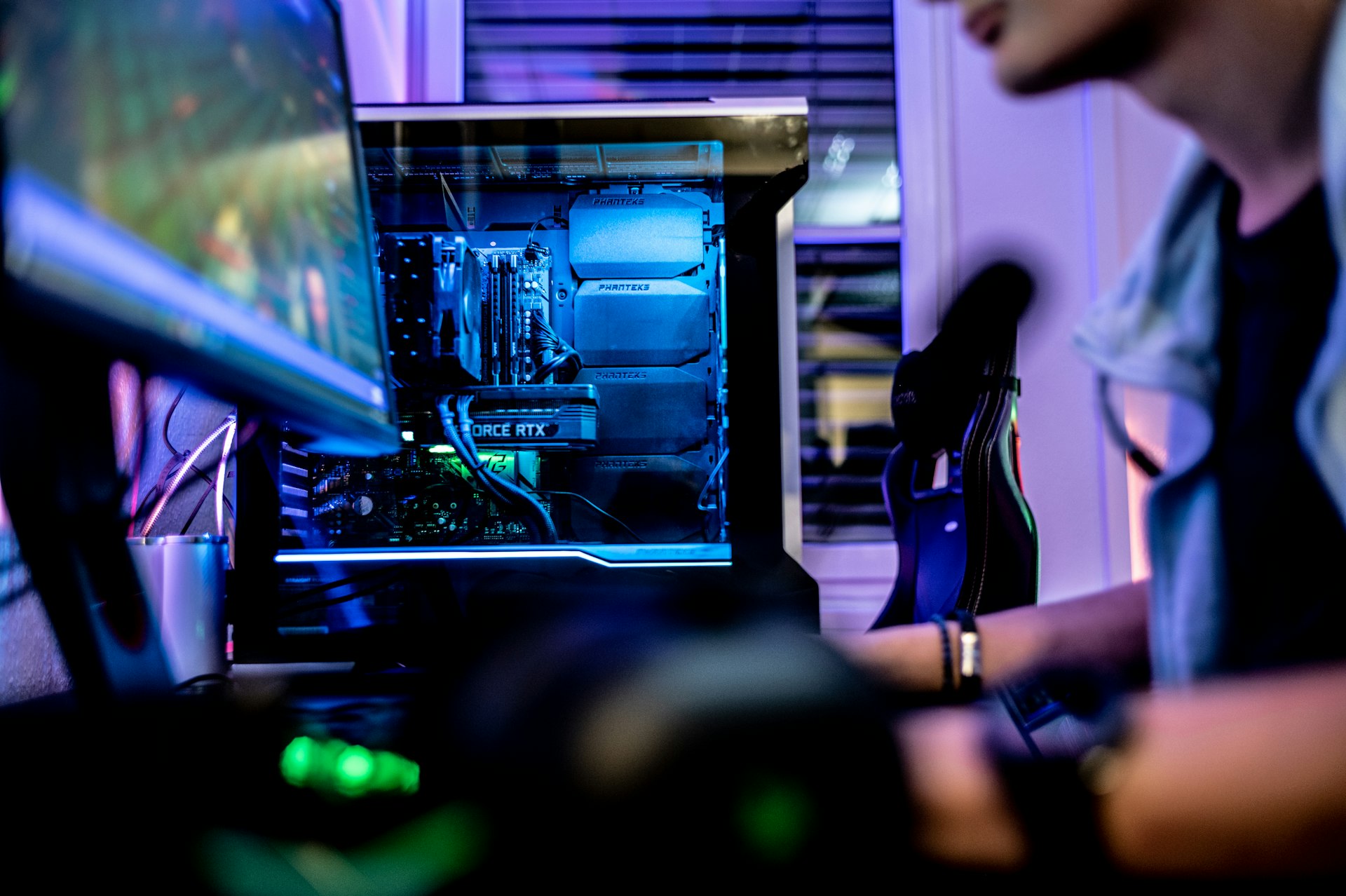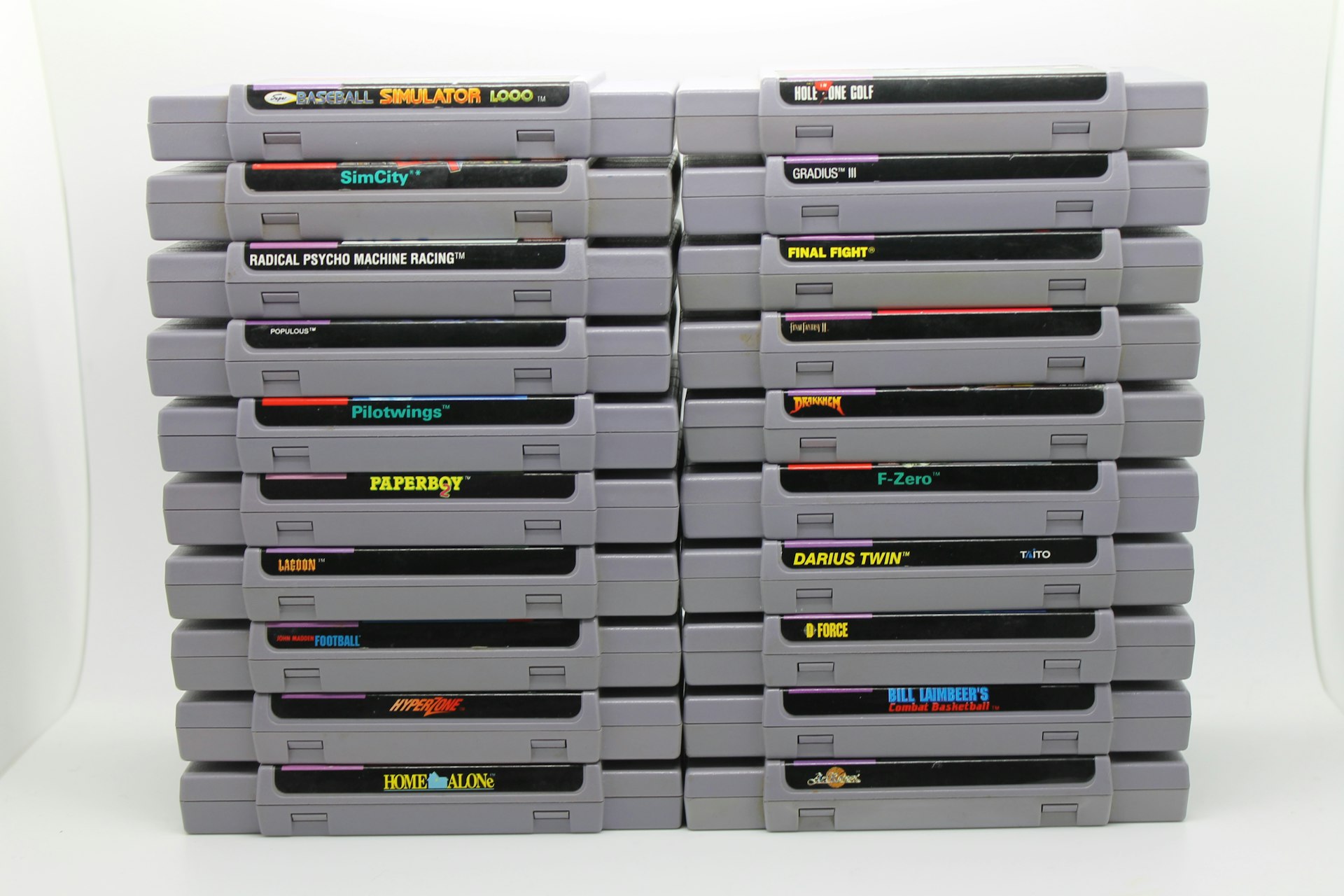How Nostalgia Drives Connection and Sales in Gaming Marketing

Photo by Anton Shuvalov on Unsplash
Introduction: The Emotional Power of Nostalgia in Gaming
In today’s competitive gaming market, standing out requires more than just innovative technology or graphics. Brands are increasingly turning to nostalgia marketing -a strategy that taps into consumers’ fond memories of the past-to forge emotional connections, reignite brand loyalty, and boost sales. This approach is especially potent in gaming, where shared childhood experiences and beloved franchises create a unique space for impactful storytelling and engagement. Understanding the importance of nostalgia in gaming marketing can help brands develop effective campaigns and foster long-lasting relationships with their audience. [1]
Why Nostalgia Works: Psychological Foundations and Emotional Impact
Nostalgia is a universal human emotion. It evokes warm, positive feelings and a sense of comfort, particularly during times of uncertainty or rapid change. According to social psychologists, nostalgia can counteract loneliness and boredom, making people more receptive to positive brand messages. [3] In the context of gaming, these emotions are even more powerful because video games are often tied to formative life moments-childhood, friendships, and shared family experiences.
Research shows that consumers are more likely to spend money on products that trigger nostalgia, as these purchases are seen as a way to reconnect with cherished memories. [2] Marketers have long understood that appealing to emotion, rather than just logic, is a key way to motivate consumers. By invoking nostalgia, brands can bypass rational defenses and go straight to the heart, encouraging action through sentiment.
Real-World Case Studies: Successful Nostalgia Marketing in Gaming
Numerous gaming brands have leveraged nostalgia with remarkable success. Here are two notable examples:
Nintendo Classic Mini and NES/SNES Classic
Nintendo capitalized on its legacy by releasing the Nintendo Classic Mini and reissuing the NES and Super NES Classic Editions. These miniature consoles brought back the look and feel of the original devices from the 1980s and 1990s, but with modern enhancements. The result was a sales surge: the NES Classic reportedly sold over 1.26 million units within a month of its rerelease, and the Super NES Classic surpassed 5 million units. [3]

Photo by Erik Mclean on Unsplash
By appealing to adults who grew up with these consoles, Nintendo not only reactivated former fans but also introduced their children to the brand-fostering a new generation of loyal customers. [2]
Hasbro’s Furby Relaunch
Although not a video game, Hasbro’s 25th-anniversary relaunch of the Furby toy demonstrates nostalgia marketing’s cross-generational power. By updating the toy with new features while preserving its classic charm, Hasbro successfully appealed to both adults who remembered the original and their children. [1] This strategy created meaningful family connections and drove sales with less need for costly advertising.
Implementing Nostalgia Marketing: Step-by-Step Guidance
To leverage nostalgia effectively in your gaming marketing campaigns, consider these steps:
- Identify Iconic Elements : Research which games, characters, or experiences evoke the strongest memories for your target audience. Use surveys, social media listening, and community forums for insights.
- Craft Authentic Stories : Develop campaigns that reference or revive beloved features, aesthetics, or storylines. Authenticity is crucial-superficial references can be seen as opportunistic and may backfire. [5]
- Bridge Generations : Highlight how classic games or franchises can be enjoyed by both older and younger players. Show multi-generational play experiences in your advertising.
- Balance Old and New : Update classic games or products with modern features, but retain key elements that made the originals memorable. This gives long-time fans what they love while attracting new users.
- Engage Through Community : Encourage fans to share their own memories and stories. User-generated content, contests, or nostalgia-themed social campaigns can amplify engagement and reinforce emotional bonds. [4]
Challenges and Solutions in Nostalgia Marketing
While nostalgia is a powerful tool, brands must navigate potential pitfalls:
- Avoid Overreliance : Excessive use of nostalgia can make a brand appear outdated or creatively stagnant. It’s important to combine nostalgic elements with fresh content and innovation.
- Respect Audience Diversity : Not all players share the same memories. Segment your audience and tailor campaigns to different generations or demographics.
- Beware of Unmet Expectations : If a relaunch or remake does not meet the quality or spirit of the original, it can lead to backlash from fans. Thorough market research and community engagement can help manage expectations. [5]
To ensure your efforts are well-received, always test campaigns with sample audiences and collect feedback before a wide-scale launch.
Alternative Approaches to Creating Emotional Bonds
While nostalgia is a proven strategy, brands can also build emotional connections through:
- Storytelling : Crafting compelling narratives around new games or franchises can create memories for future nostalgia.
- Community Building : Fostering a strong, active player community leads to shared experiences and positive associations.
- Personalization : Allowing players to customize their experiences can help them form unique memories tied to your brand.
These approaches may be used alongside or as alternatives to nostalgia-driven campaigns, depending on your audience and brand identity.
How to Access More Information and Get Started
If you want to implement nostalgia marketing in your own gaming brand, consider the following steps:
- Conduct in-depth market research to identify which games, franchises, or experiences resonate most with your target demographic.
- Connect with gaming communities on platforms such as Reddit, Discord, or official game forums to gather insights and feedback.
- For the latest industry data, you can search for reports from established research firms such as Newzoo, Statista, or the Entertainment Software Association by visiting their official websites and searching for “nostalgia gaming trends” or “retro gaming market data.”
- If you’re seeking expert guidance, consider reaching out to marketing professionals with experience in the gaming sector. You can find qualified agencies by searching for “gaming marketing agencies” on business directories or professional association websites.
While there is no single portal for nostalgia marketing resources, a combination of industry reports, academic research, and community feedback will provide a strong foundation for developing effective campaigns.
Key Takeaways
Nostalgia is a powerful force in gaming marketing, capable of reigniting brand loyalty, bridging generations, and driving sales. By authentically connecting with consumers’ fond memories and combining classic elements with modern innovation, gaming brands can create campaigns that resonate on a deep emotional level. To succeed, marketers must balance nostalgia with creativity, engage in active community listening, and continuously adapt to audience preferences.
References
- [1] Revenue Marketing Alliance (2023). What is nostalgia marketing? Examples inside.
- [2] Mandala System (2022). 25 Nostalgia Marketing Examples That Make Audience Engaged.
- [3] FM Magazine (2019). Nintendo and the magic of nostalgia marketing.
- [4] HubSpot Blog (2022). 22 Examples of Nostalgia Marketing that Make Customers Feel Good.
- [5] Armchair Arcade (2021). Inside Nostalgia Marketing and Retro Gaming.
MORE FROM dealseekersguide.com













